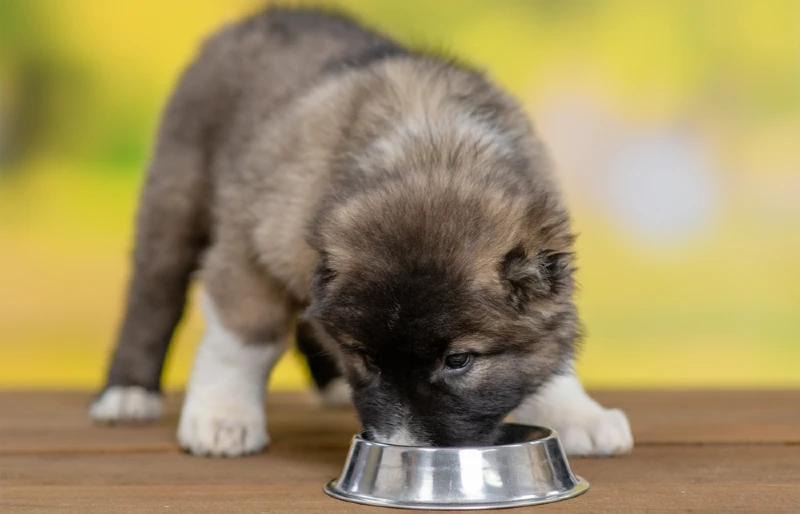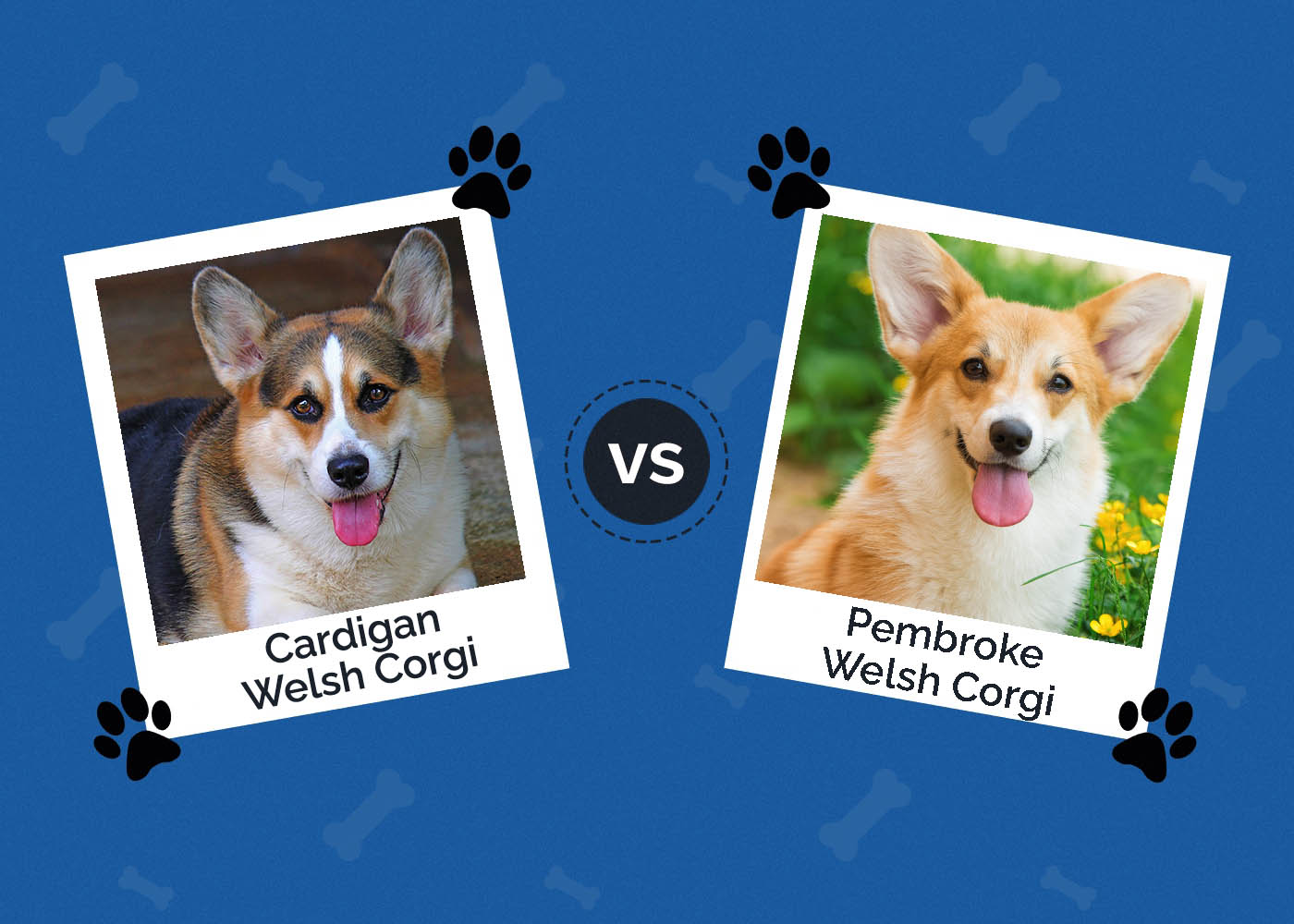Can Dogs Have Olive Oil? Vet-Reviewed Nutrition Facts & Safety Guide
Updated on

Click to Skip Ahead
If your dog suffers from itchy, dry skin, you may have heard that adding oil to their food can help. Due to its popularity for cooking, many of us already have olive oil in our kitchens, but is it okay for your dog to eat? Yes, most dogs can safely have olive oil, but it is high in fat and should not become a regular part of their diet.
In this article, we’ll cover how olive oil can benefit your dog, along with some potential concerns. We’ll also discuss other oils you can give your dog and why they may be more helpful than olive oil.
Is Olive Oil Safe for Dogs?
Olive oil is non-toxic for dogs, and most dogs can eat it safely. However, despite being one of the “healthiest” oils available, the high-fat content could pose a problem for some dogs. One tablespoon of extra virgin olive oil contains 14 grams of fat. For some dogs, frequently eating high-fat foods like olive oil can trigger a dangerous and painful medical condition called pancreatitis. Dogs who recover from their initial illness may develop a chronic version that can flare up again if they eat fat. If your dog has previously had pancreatitis, talk to your veterinarian before serving olive oil or any fatty acid supplement.
Overweight dogs should also avoid olive oil. If you feed your dog olive with your vet’s approval, you should factor the added fat and calories into your dog’s daily recommended amount. You can decrease the other treats or dog food offered to balance everything out.

Is Olive Oil Good for Dogs?
Olive oil contains linoleic acid, an Omega-6 essential fatty acid (EFA). Dogs can’t produce their own fatty acids, but they play a vital role in keeping them healthy. Insufficient levels of fatty acids can impact a dog’s normal growth, coat health, and immune system.
Most commercial dog food contains omega-6 and omega-3 fatty acids, but some dogs may benefit from added oil. Extra omega-6 fatty acids can help dogs who struggle with dry skin. Research shows that giving dogs olive oil increases the fatty acids in their skin and blood. However, there are better – and healthier – alternatives to boost your dog’s EFA levels.
What Oils Are Better for Your Dog?
It’s thought that dogs absorb oils from animal sources, such as fish, better than plant-based ones. Fish and krill oil, for example, are high in omega-3 fatty acids, not omega-6. However, commercial dog foods generally contain enough omega-6 to meet your pup’s needs but lack omega-3, so fish oil helps to create the ideal balance between omega-3 and 6.
Omega-3 fatty acids are especially valuable for their anti-inflammatory properties and may help dogs with joint pain and arthritis, among other conditions. If you’re looking for oils that benefit your dog the most, fish and krill oils are better than olive oil.

Conclusion
While most dogs can consume olive oil, it is not a good choice for overweight dogs or those sensitive to fatty foods. If you are wanting to add oil to your dog’s diet to improve coat condition or joint health, fish oil will have far greater benefits and is available in dog-friendly formulas so you know just how much to give.
- Read Also: Can Dogs Eat Olives?
Featured Image Credit: bear studio, Shutterstock.













